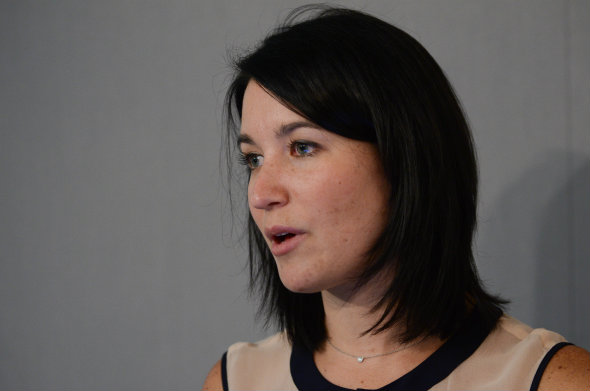Facebook claims 1.3 billion worldwide users and has 26 million active daily users in the UK – 22 million of whom use their mobile, checking it on average 14 times a day.
For journalists, it is vast source of content and contacts – and also a way of getting material to a wide audience and engage in conversation.
Karla Geci, head of media partnerships at Facebook, told the news:rewired conference, today in London: “Just like the telephone, the newswires and the web, it’s a tool. You’ll still need to use your instinct, your fact-checking skills and your sense of what makes a good story.”
Here are some of Geci’s top tips for journalists looking to get the most out of Facebook:
Search material on a topic using interest lists
This allows you to follow all posts from any number of selected pages or profiles – without having to ‘like’ them (which would have been visible to your friends). Go to the news feed, interests, add interests, create a new list. Search for the organisations or people you want to follow and you can choose whether the list is publicly visible or private
Finding people with search filters
Facebook allows you to find people based on their interests and profile information – data they have chosen to share publicly. For example, search results can be filtered to find only men/women, born after a certain date, who like a certain TV show or political group.
Personal profile? Let people ‘follow’ you
Personal profiles are limited to 5,000 friends – but an unlimited number of ‘followers’ are allowed on the social network. The follow function is not automatically enabled. With each post you make, you can choose whether it is visible to just your friends or publicly to your followers. Reward your audience with exclusive content and use a conversational tone when posting. Photos are some of the most engaged-with content.
Engage in conversation – don’t just promote
Geci says:
Facebook pages work best as a marketing tool when you don’t think of them as a marketing tool. Weaving in stories, asking for contributions and creating a lively environment on the page gives people a reason (to stay there).
Refer to your page insights regularly
Geci says this is “the difference between a really successful community manager and one who is moderately successful”.
She added:
Look at your insights and tailor your content accordingly. Before you post think about your objective: are you trying to source information, find particular people, or just share something interesting?

